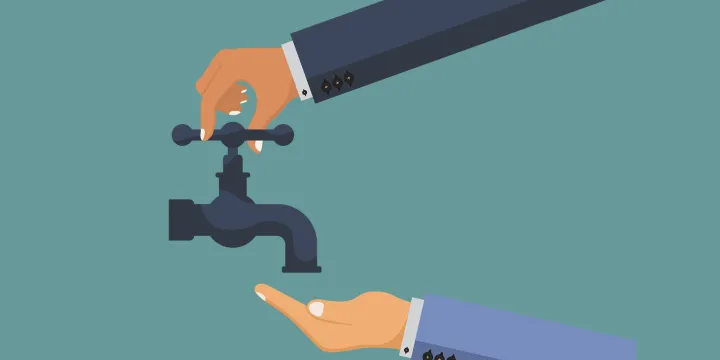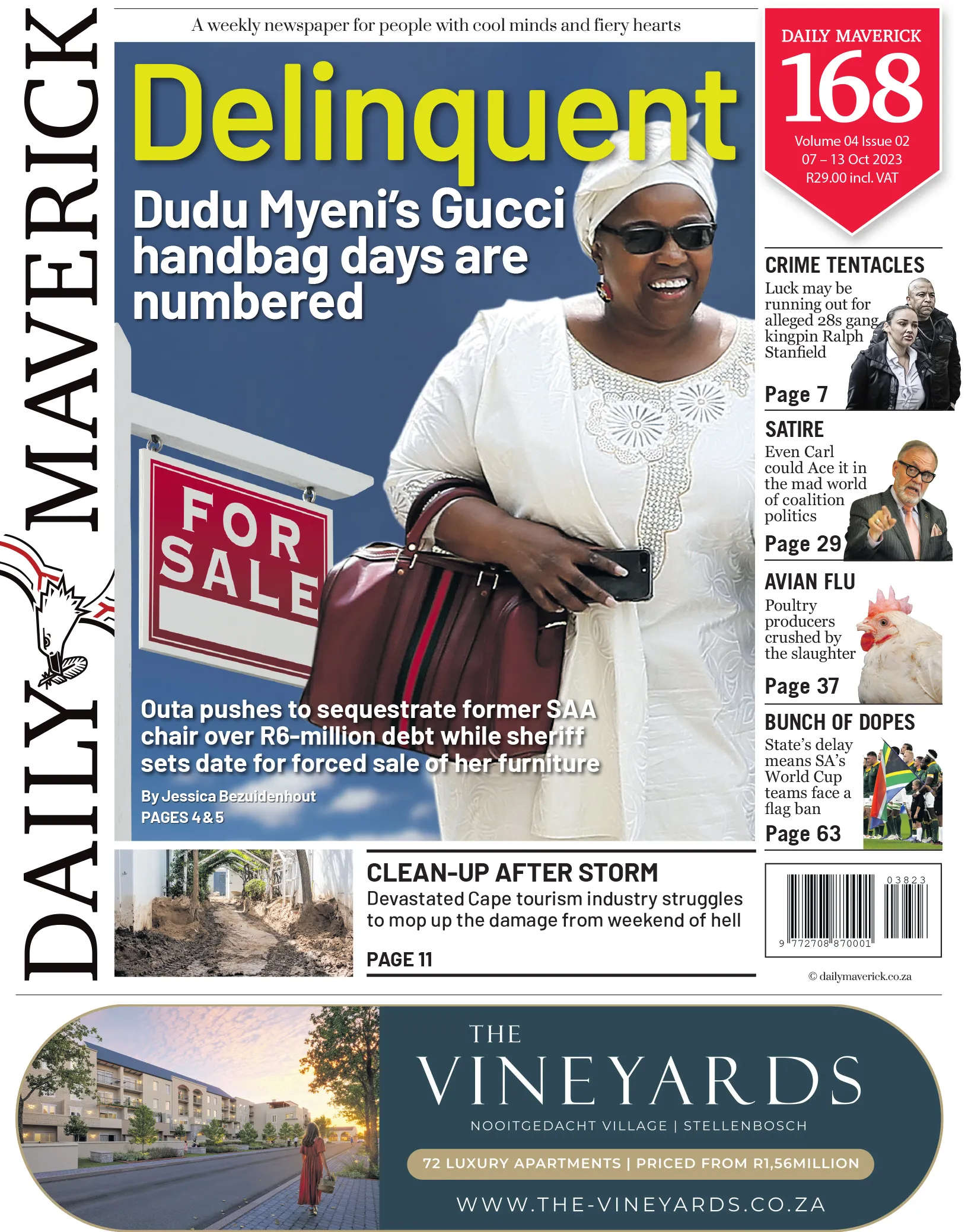PUBLIC INVESTMENT CORPORATION
SA’s largest investor reduces its exposure to basket-case state-owned enterprises

Since 2019, the Public Investment Corporation’s financial support of SOEs has been declining. But the corporation is adamant this doesn’t mean it is nervous about throwing money at them.
The financial support by the Public Investment Corporation (PIC) of Eskom and Transnet continues to decline, a move that has been interpreted by some market watchers as the country’s largest investor taking a dim view of the basket-case state-owned enterprises (SOEs).
Details of the PIC’s reduced exposure to Eskom and Transnet – two state companies that are responsible for South Africa’s economic malaise on the energy and logistics side – are in its latest annual report.
The PIC makes investments into SOE bonds (or debt) on behalf of its biggest client, the Government Employees Pension Fund, which manages R2.3-trillion in pension savings belonging to public servants.
The corporation is the largest holder of Eskom and Transnet debt, and its exposure to the bonds of both these entities reached R104.1-billion by the end of March 2023. In Eskom, the PIC holds R85.5-billion of its debt, and R18.6-billion of Transnet’s debt.
But its exposure to the debt of SOEs has continued to decline, falling from R125-billion in 2022 to just under R120-billion this year. That R120-billion includes the debt of other SOEs such as the South African National Roads Agency, Airports Company South Africa, the Industrial Development Corporation and the Development Bank of Southern Africa. The decline in its exposure to SOE debt has persisted since 2019.
For years, the PIC has been the single largest buyer of Eskom’s debt, essentially doubling its exposure to the power utility between 2011 and 2018, increasing its bond holdings from R44-billion to more than R80-billion. However, the fund’s exposure to Eskom’s bonds fell marginally by 0.5% to R85.5-billion during the year.
‘Not taking a dim view of SOEs’
Although the decline in its exposure to Eskom or the broader SOE universe is hardly significant, it calls into question the PIC’s historical relationship with SOEs.
It has seen itself as a big backer of them, supporting their developmental mandate by offering them borrowings at favourable rates and terms.
PIC chief executive Abel Sithole said the reduced exposure cannot be interpreted as being the active selling down of its holdings or taking a negative view towards such entities.
“The reductions come mostly out of maturities,” said Sithole this week during the release of the corporation’s financial statements and annual reports. In other words, the PIC is letting its SOE bonds either mature when debt repayments become due or is not reinvesting its money.
Sithole acknowledged that entities such as Eskom and Transnet faced increased financial, operational and governance problems, but this did not necessarily mean that the PIC had “lost faith in SOEs”.
He said none had defaulted on debt repayments to the PIC when these became due, except the Land Bank, the state-owned agricultural lender, whose debt and operations were being restructured.
“Most of them still offer attractive opportunities in terms of borrowings.”
Sithole’s defence of SOEs does not fly with some market watchers. A bond investor questioned why the PIC did not buy more bonds and increase its exposure, considering that it still believed in the merits of being invested in state-owned companies.
“If the PIC is so confident in SOEs then surely it should put its money where its mouth is by supporting the developmental agenda of SOEs at a time when private sector capital is nervous to back SOEs,” said the bond investor.
State of SOEs deteriorating
The financial situation of SOEs has deteriorated substantially in recent years. When the PIC made investments into SOE bonds five or 10 years ago, the country’s economy was faring better than it is now, and they were favourably rated by credit rating agencies such as Moody’s, Fitch and S&P Global.
However, most of the credit ratings of SOEs have since been downgraded, suggesting that their chances of defaulting on debt repayments remain high.
This can be seen in Transnet. The transport group recently came close to defaulting on a 10-year foreign currency debt of $1-billion, which was due to be paid on 26 July 2022. A default on this debt (worth about R17-billion at the time) would have pushed other lenders to call for immediate loan repayments, including the PIC.
Even private sector investors in bonds, mainly Futuregrowth Asset Management, have raised concerns about funding Transnet, given its financial, operational and governance challenges.
Futuregrowth, which has been a leading voice in the call for better governance at SOEs, warned that Transnet would struggle to raise money if its challenges were not addressed immediately.
“If the operational and governance shortfalls are not addressed with urgency, we believe the number of investors willing to extend funding to Transnet will likely reduce, Transnet’s cost of funding may continue to increase, and additional support (including a possible government guarantee) may become a necessity in order to ensure a successful refinance,” Lindani Vezi, a listed credit investment analyst at Futuregrowth, wrote in an investor note.
Over the next five years (between April 2023 and March 2028), Transnet has debt worth R90-billion that has to be repaid. The utility is already looking to raise R7-billion in the coming weeks to refinance some bonds that are maturing. DM
This story first appeared in our weekly Daily Maverick 168 newspaper, which is available countrywide for R29.




















Thanks heavens for the PIC looking after hard earned pensioner money, This money can not be used as a last resort for the state which has become bankrupt and do not have investors willing to throw money into the never ending state pit. Denise Smit
The PIC does not have a good record in looking after pensioners’ money
On the face of it, investing in an SOE is instant cause for psychiatric evaluation.